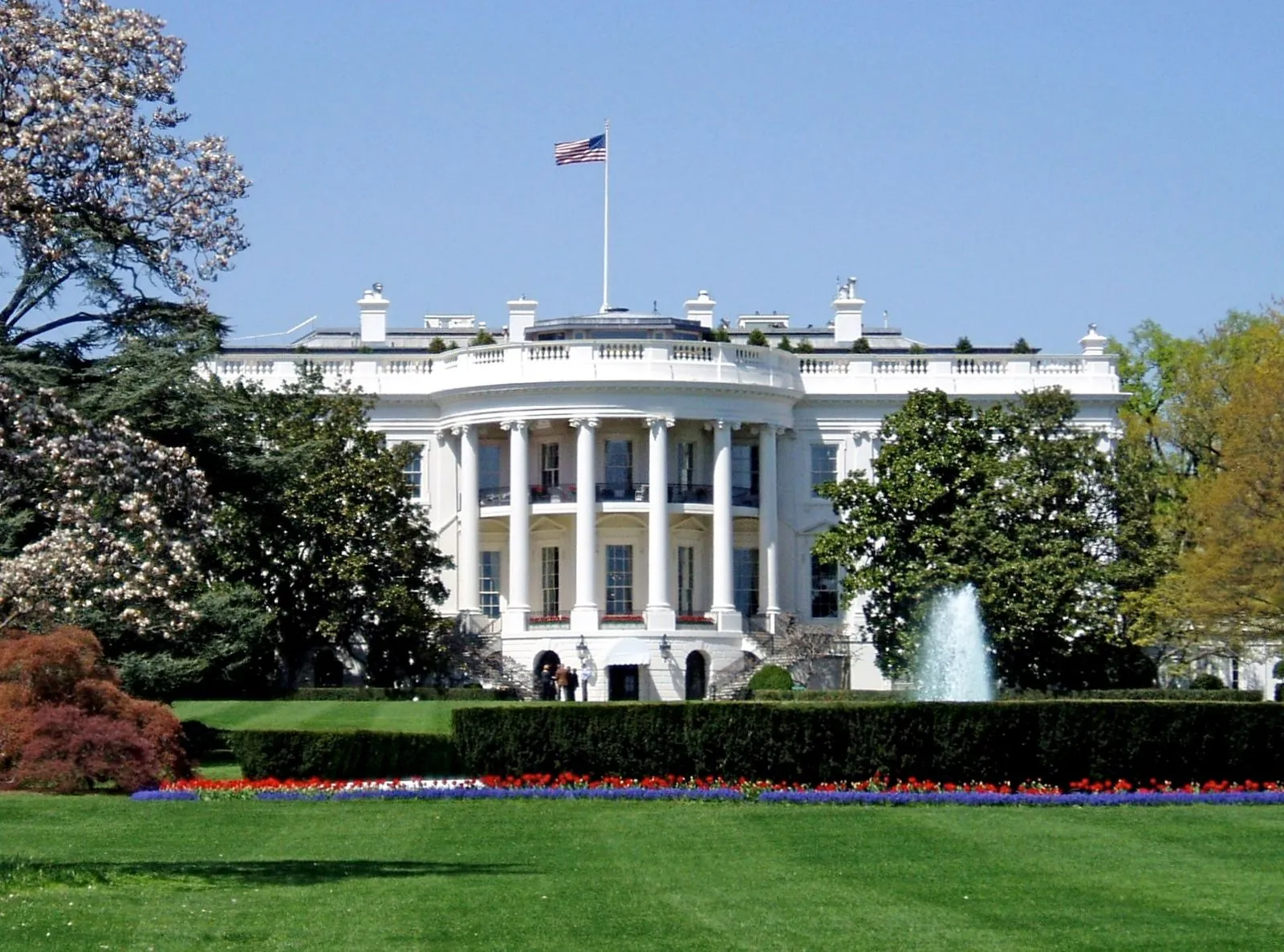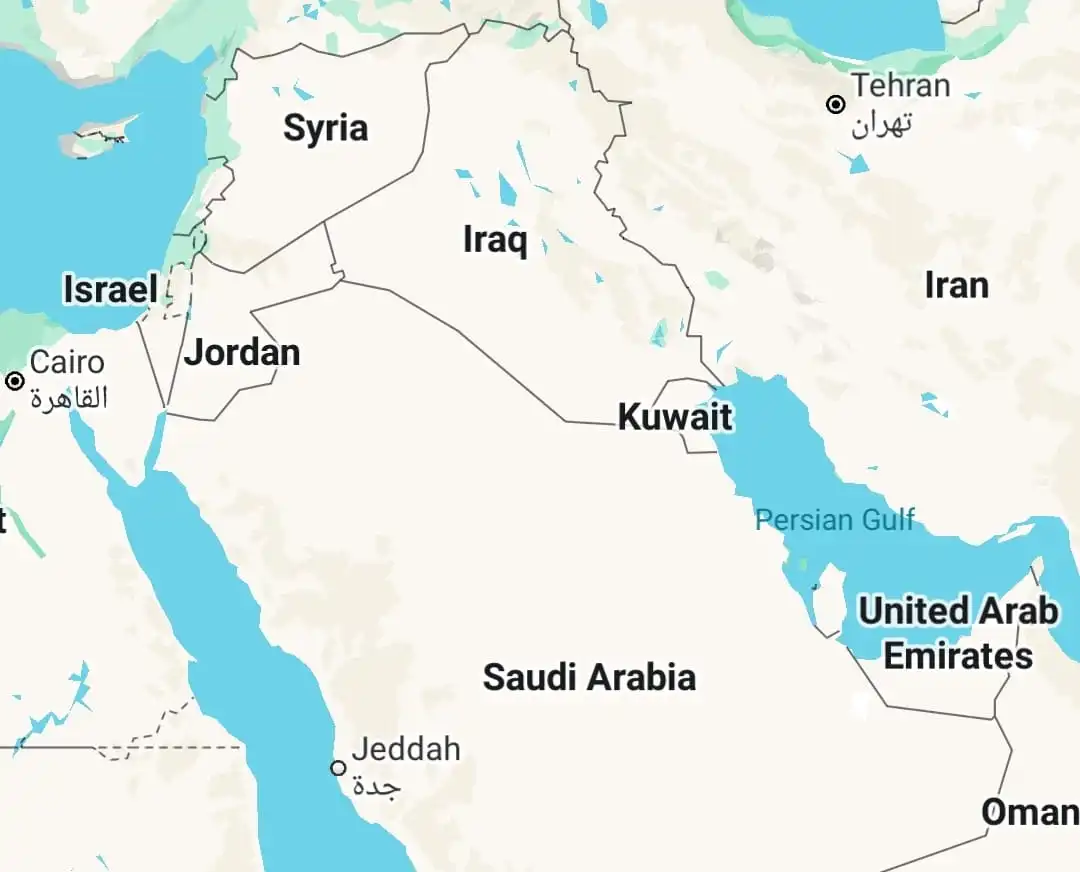What does Trump’s win signal about the state of America? At a surface level, the appeal of making America great again has proven yet again its political force of attraction, even if the content of this simultaneously backward and forward looking injunction remains open to an increasingly diverse, even contradictory set of projections: the barely concealed—and at times quite overt—racist nativism that forms the original and primary content of the movement that brought Trump to power, with its calls to build the wall that would finally keep out the drug-dealing rapist criminal immigrants who prey on our white women, its paranoid delirium concerning Muslim terrorists infiltrating our country, its revivified Red Scare panic and law and order crackdown on resistance to the police lynching of Black people with impunity, and so on—all these deeply embedded forms of reaction that express only the most recent repetition of perennial American pathologies increasingly merge with that other facet of Trump’s appeal that gives voice to the material frustrations of the poor and working class voters who comprise a considerable portion of his base. While there is certainly overlap between these two dimensions—the identity politics of far-right cultural reaction and the genuine grievances of a dislocated and disoriented working class—this most recent election has revealed, it would seem, a greater separation between them, not only because of the increasingly diverse, i.e. non-white, support Trump has leveraged (though these gains are for the most part modest), but because we know that many Trump voters either do not fully understand or do not take seriously his form of embittered, toxic identity politics, and simply vote for him out of frustration with the status quo.
Certainly this was true as well in 2016, when we saw the reliably Democratic “blue wall” states of Pennsylvania, Michigan, and Wisconsin fall to Trump, states that in the previous two presidential elections had been carried by the country’s first Black president, Barack Obama. Thus, explanations of Trump’s appeal that foreground the lure of his reactive cultural ideology, while undoubtedly consistent with the reality of a persistent underbelly of the American populace that was emboldened and strengthened by his candidacy and first term in office, nevertheless misses something that seems equally and perhaps even more true when trying to figure out how Trump has managed to win: namely, the disaffection and sense of abandonment that working class communities feel with regard to the Democratic candidates at the top of the ticket. Such disaffection was already to be seen in the diminishing voter returns of Obama’s second run, where the luster of hope in a significant change from business as usual was already growing dull after the vast bank bailouts were pushed through and the crooks who set up the global economic crash got off scot-free while millions of people lost their homes and savings. There is simply no other explanation that can make sense of states that had at first supported Obama eight years later throwing their support behind Trump. The significant shifts, primarily in the rural counties, away from Obama and then Hilary Clinton after him cannot be explained on the basis of racism; neither can they be explained by sexism against Clinton, given that women from both parties have held office at various levels in those states that voted for Trump in 2016. Both racism and sexism undeniably factor into the voting patterns of the electorate, but neither can account for the steady departure of working class voters from the Democratic bloc since 2008, which is why Bernie Sanders’ immediate post-election take-down of Democratic leadership for abandoning the working class is so infuriatingly obvious, demonstrating once again how the senior Independent senator from Vermont remains the only high-ranking political personage to give voice from the left to the obvious disaffection people feel with the Democratic Party.
The problem is that Trump has also managed to do this from the far right, sucking in masses of voters who otherwise are not committed to the kinds of reactionary antipathies that the core MAGA movement die-hards possess but who, on issues of core economic interest, have lost faith in the muddled messages and overall vision of compromised politicians who speak from both sides of the mouth, hypocritically positioning themselves as fighters for justice and democracy while also dutifully serving the interests of the highest bidder. Of course, Trump is no exception to this, is even the most extreme form of this hypocrisy, yet enough people seem to believe that Trump really is a disruptor of business as usual, and while that may be true in a certain sense, the way in which he is also a perfect continuity of that great vile animus that greases the wheels for even further extraction of value from workers remains the hidden secret of the smoke and mirrors that has captured the frustrations and grievances of a political body that doesn’t know where else to turn.

What is abundantly clear in the face of such paralysis and impending attempts to uproot the last vestiges of democratically accountable institutions at the highest level, which Trump’s transition team is busy at work assembling the ghouls to do, is that there needs to be a revitalization of working class politics. Whatever else Trump’s broadening appeal to working class voters might mean, what has been and undoubtedly will continue to be apparent to those who look with a critical eye is that Trump’s policies, or lack thereof, are uniquely designed to do absolutely nothing to better the lives of working people, and will only make them even worse off. Whether it be his proposed tariff plan that would effectively be an all-out trade war, with China in particular as a target, resulting in higher prices for goods through increased importing costs being passed on to consumers, or his mass immigrant deportation plan, which beyond the incalculable trauma and disruption it would cause to the lives of tens of millions of undocumented people and their families who have already bared so many difficulties, is projected to cost around $1 trillion over a 10-year period, in addition to raising the deficit through loss of undocumented taxpayers as well as economic contraction of industries that rely on immigrant labor, with estimates of hundreds of thousands of US-born worker layoffs that would result from this. Or whether it be his “concepts of a plan” to further chip away at the faltering American healthcare system, cutting or ending Medicaid subsidies that millions of low-income Americans rely on, further privatizing Medicare, and reintroducing segregated insurance pools based on pre-existing medical conditions, which is what the Affordable Care Act, or “Obamacare,” had gotten rid of. Or whether it be his staunch opposition to doing anything at all to protect the environment, believing as he does that global warming is a hoax, there will undoubtedly be more of the same of what we saw in his first term, including withdrawing from international treaties and pledges (as insufficient as these may be), reduction of government spending on alternative energy research and technology, full green lights given for domestic carbon-based fuel extraction, and cutting of regulations relating to the burning of fossil fuels as well as other chemicals and pollutants emitted by heavy industry. Or whether it be Trump and the Republicans’ well-documented hostility to organized labor, which includes not only their opposition to the most significant piece of pro-worker legislation before Congress, the Protect the Right to Organize (PRO) Act, but also their desire to gut the National Labor Relations Board, facilitate union decertification, and restrict overtime pay, all things which Trump’s unofficial advisor and world’s richest man, Elon Musk, is salivating at the prospect of doing. Or whether it be his role in further exacerbating and fueling armed conflicts, which, despite the claims of his supporters and some of those disillusioned with the Democratic Party that he will “end wars” and bring peace, there is little to no indication that this will be the case. The most promising possibility here is that the Trump administration will help bring about the conditions for a negotiated settlement between Ukraine and Russia, something that the Biden administration has had no will whatsoever to achieve in its commitment to funneling tens of billions of dollars into a conflict that has little to no hope of a military resolution. More Republicans than Democrats in Congress seem to want to end this war, but exactly how and whether this might actually happen remains a significant question mark. Yet even if this war were brought to a conclusion through negotiations, the reason for Republicans’ desire to end it hardly aligns with principles of peace and a plan of redirecting federal dollars toward more virtuous ends. Rather, they seek to increase an already bloated military budget to commit even more forcefully to a new Cold War escalation with China, while funneling even more aid toward Israel in its genocidal destruction of Palestine and incursions into Lebanon, where a wider regional war that would put the US in direct conflict with Iran becomes an even greater possibility. In sum, Trump and the Republicans are hardly the “peace alternative” to the shameful war-mongering of the Democratic establishment; they are rather a direct continuation, even an intensification, of the imperialist drive toward hegemonic control of global resources and markets at the cost of the lives and well-being of people throughout the world.
Given this reality, how can these likely outcomes of a second Trump term be resisted, especially given the fact that Republicans now control both chambers of Congress? Moreover, how can it be made clear to the non-fascist minded people who voted for Trump out of frustration with the status quo that MAGA has nothing materially to offer them? Many people voted for Trump as an expression of grievance against a system that has for a half century been in decline for the vast majority, while a tiny minority reaps the privileges of unprecedented wealth and power. While Trump has absolutely no solution to end this trend and will only make it worse, the simple fact that he as a personality appears to be at odds with many sections of the political establishment and media, constantly airing grievances against those who he claims are persecuting him, seems to have led to a sense among working people that Trump is somehow on their side, since they too feel persecuted by an unjust system. What Democrats miss, and what the Harris/Walz campaign was unable to tap into and redirect, is precisely this sense of resentment and grievance that animates working people, affects that, unlike those of Trump however, have a very justifiable and real basis in the actual immiseration, indifference, and cruelty inflicted on them through the mechanisms of our capitalist system. Trump is by no means a victim of anything, yet by playing the victim, what begins as farce becomes tragedy in the willingness of millions of workers to embrace a racist billionaire who has absolutely nothing in common with them and will only ensure that their lives become even more intolerable.
But what do the Democrats offer? Clearly not enough. While it is undeniable that the policy prescriptions of the Democrats on domestic issues across the board are superior to those of the Republicans, forming the basis on which civil rights groups and organized labor lend them electoral support, it is clear that Democrats have failed to make a convincing case against the Trump agenda, in part because what they are offering working people is not sufficient. This is not just a question of who has the better plan, an abstract matter of policy, but the direct experience of millions of workers who, after having delivered Obama the White House and the Democrats a filibuster-proof majority in the Senate in 2008, simply did not see major improvements in their lives, but rather a recession caused by predatory banks who were then bailed out with tax-payer dollars. They saw a continuation of money wasted on wars and foreign interventions. A continuation of a stagnant minimum wage and decline in real wages. A continuation of the conditions that give rise to crime and the punitive measures that do nothing to stop it. Even Obama’s signature legislative achievement, the Affordable Care Act, though it extended healthcare to millions of more people and eliminated discrimination on the basis of pre-existing conditions, is but the continuation of a wildly expensive for-profit healthcare system whose costs significantly outweigh quality and access to care. And so, given these conditions, it is little surprise that the people most impacted by these realities are turning away from the party that bills itself as the solution but has done relatively little to make good on its appeals to hope and change. Joe Biden’s defeat of Trump in the 2020 election had less to do with anything that Biden was offering than it did with general discontent surrounding the disruptions caused by the Covid-19 pandemic and the Trump administration’s bungled response to it. The direct stimulus payment made out to Americans with Trump’s signature on the check was not quite enough to save him in the election, but perhaps it is the memory of this, along with the years of post-pandemic inflation and corporate price-gouging under Biden, that made Harris’s defeat in 2024 something of an inevitability. Yet even if we do accept this to be the case, the fact still remains that, even if we take into account the millions of new jobs added under Biden through the Bipartisan Infrastructure Law and the CHIPS and Science Act along with the reduction of inflation to pre-pandemic levels, there are still tens of millions of low-income workers who do not and will not feel the effects of these achievements. Kamala Harris, for her part, did nothing to address these workers, instead focusing almost all of her economic messaging on growing the middle class and creating what she called an “opportunity economy.” The problem is that, after many years of Democratic betrayal and diminishing returns from voting for Democrats, large sections of the population feel permanently shut out from anything resembling a middle class life and an economy built on opportunity. Thus, given this and Harris’s late entry into the race, and general struggles in creating a sense of authenticity about her person, it is not surprising that millions of people either sat out the election or voted for the disruptor-in-chief, the one who has had more success than any other politician in mobilizing and validating grievance and frustration for his political benefit.
So what are we to do? And who is “we” in these times? The answer in various respects is not entirely clear. But what should be clear is the present threat we are facing and the need for a new way of responding. Simply following the Democrats off a cliff is obviously not a solution, but neither is replacing them with a new form of political power in the short term. Like it or not, we are stuck in a two party system for the foreseeable future, and while attempts to run independent working class candidates in local elections ought to be pursued wherever possible, the reality of a break from the two parties at the federal level is still far off, if it is ever to happen. Certainly, Bernie Sanders opened up a political possibility for social democratic politics to be successful at the highest level, but there is still immense opposition within the Democratic Party to overcome. Ultimately, the only thing that can save us is working class power and solidarity, which is a force independent of electoral mechanics. Those disaffected with the system, who have either dropped out of political participation altogether or who have bought Trump’s snake oil, need to be reached out to and engaged in all forms possible. We need the mobilization of forces in organized labor and civil rights organizations of all kinds to educate these workers and articulate concrete demands that have been ignored by the establishment. MAGA needs to be unmasked on the one hand, and on the other, Democrats need to be challenged and forced to uphold the interests of those they claim to represent. This will require coordination of forces both within and outside the Democratic Party. Only in this way will the working class be in a position to command and not just obey.
Editor's Note:
The views and informations expressed in the article are solely those of the author and may or may not reflect the views of The International. We believe in providing a platform for a range of viewpoints from the left.
"The International" belongs to you.✕
Please take a moment to read this. We apologize for any interruption, we want you to know "The International" seeks your valued support at this time. We've proudly served as a pioneering online platform, delivering ad-free media content. With only 2% of our readers opting for a subscription, any contribution you choose holds immense significance—whether it's an annual fee of $25 or a monthly payment of $2.5. — The "The International" Team, committed to providing you with enlightening perspectives. We want to highlight that this sum is even less than what you'd spend on a cup of coffee, yet it greatly aids in sustaining our efforts to perpetuate and enhance your esteemed initiative.






